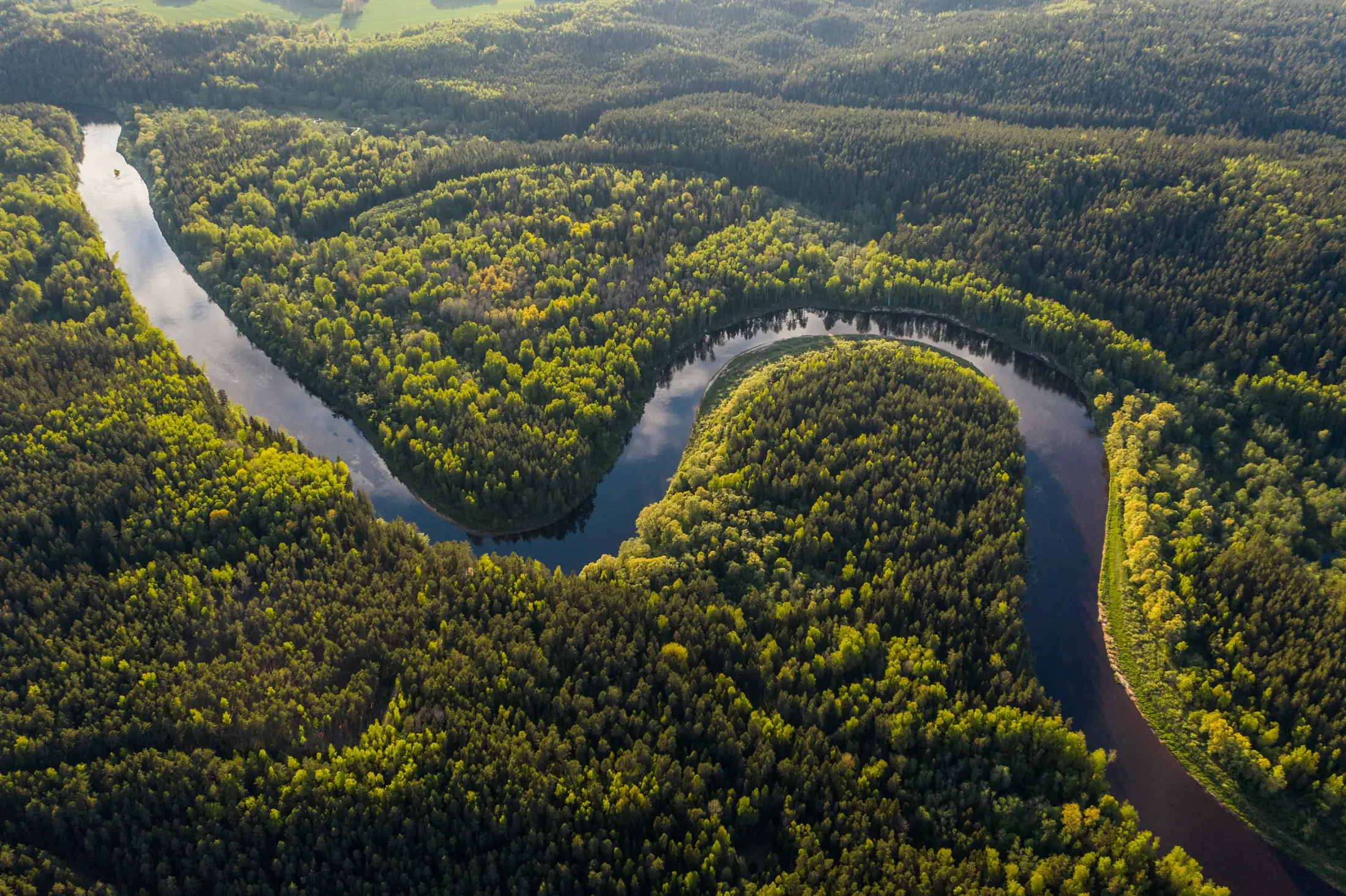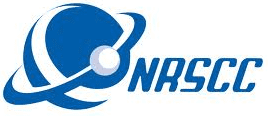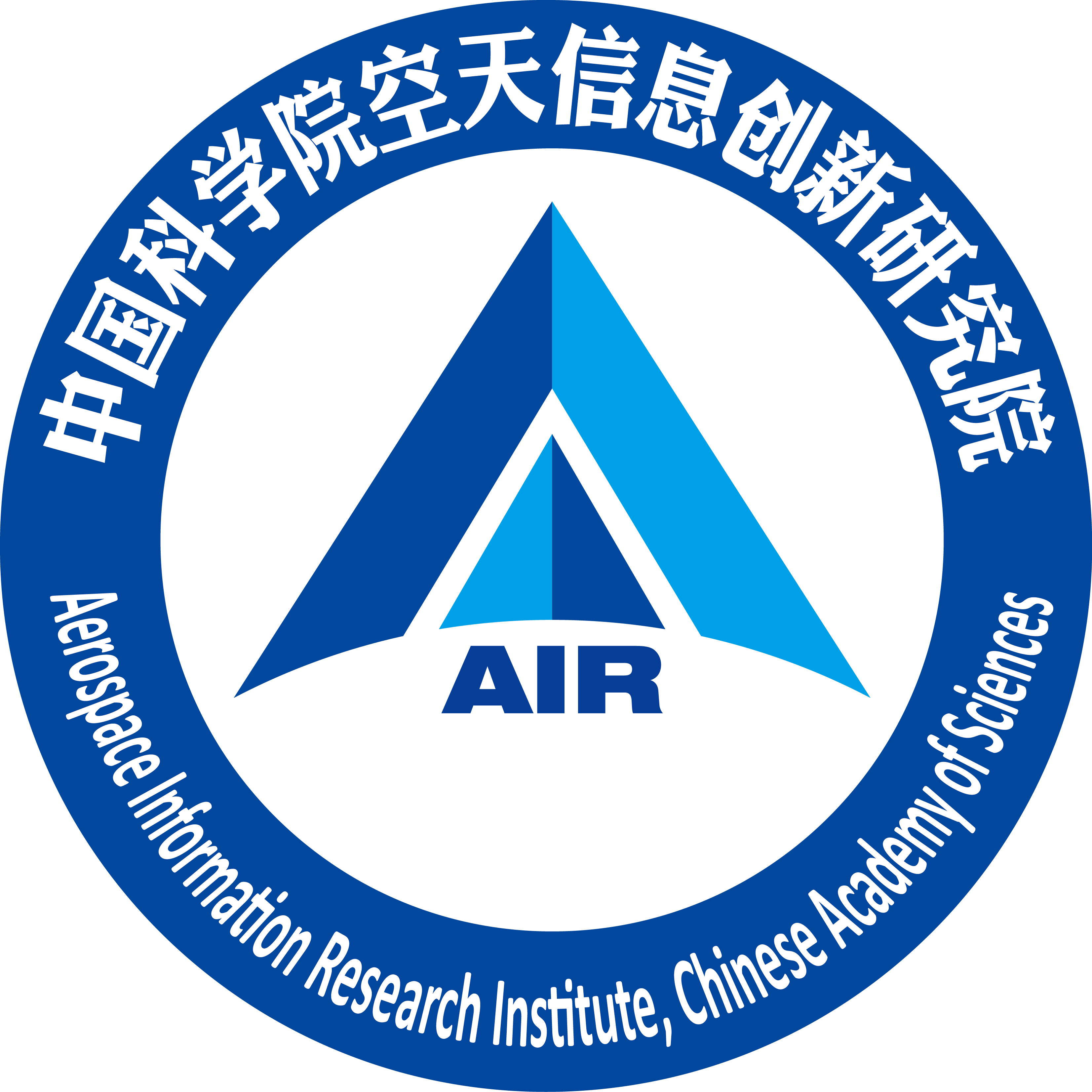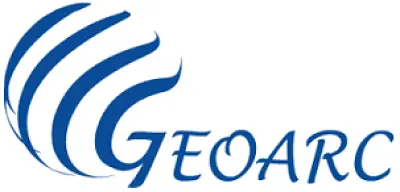The impact outputs of GEOARC are highly related to GEO work programme, Paris Agreement, Sendai Framework for Disaster Risk Reduction, and support to SDGs, i.e. SDG2, 3, 6, 7, 11, 13, 14, 15, 17…
- SDG2 Zero Hunger:End hunger, achieve food security, improve nutrition and promote sustainable agriculture.
- SDG3 Ensure healthy lives and promote well-being for all at all ages;
- SDG6 Ensure availability and sustainable management of water and sanitation;
- SDG7 Ensure access to affordable, reliable, sustainable and modern energy;
- SDG11 Make cities and human settlements inclusive, safe, resilient and sustainable;
- SDG13 Take urgent action to combat climate change and its impacts;
- SDG14 Conserve and sustainably use the oceans, seas and marine resources for sustainable development;
- SDG15 Protect, restore and promote sustainable use of terrestrial ecosystems, sustainably manage forests, combat desertification, and halt and reverse land 10 degradation and halt biodiversity loss;
- SDG17 Strengthen the means of implementation and revitalize the Global Partnership for Sustainable Development.
The data products, monitoring results and case analysis furnished in the report may offer scientific data support for the implementation of the 2030 Agenda for Sustainable Development.
Based on global hotspot issues, promote other countries to better formulate policies to protect environment, including biodiversity protection, sustain cultivated land quality, provide cooperation countries to implement SDGs services, and improve the operational capabilities of remote sensing monitoring. Effectiveness: It is beneficial to evaluate the monitoring and protection of the ecological environment, improve saving time, effort and financial resources.






